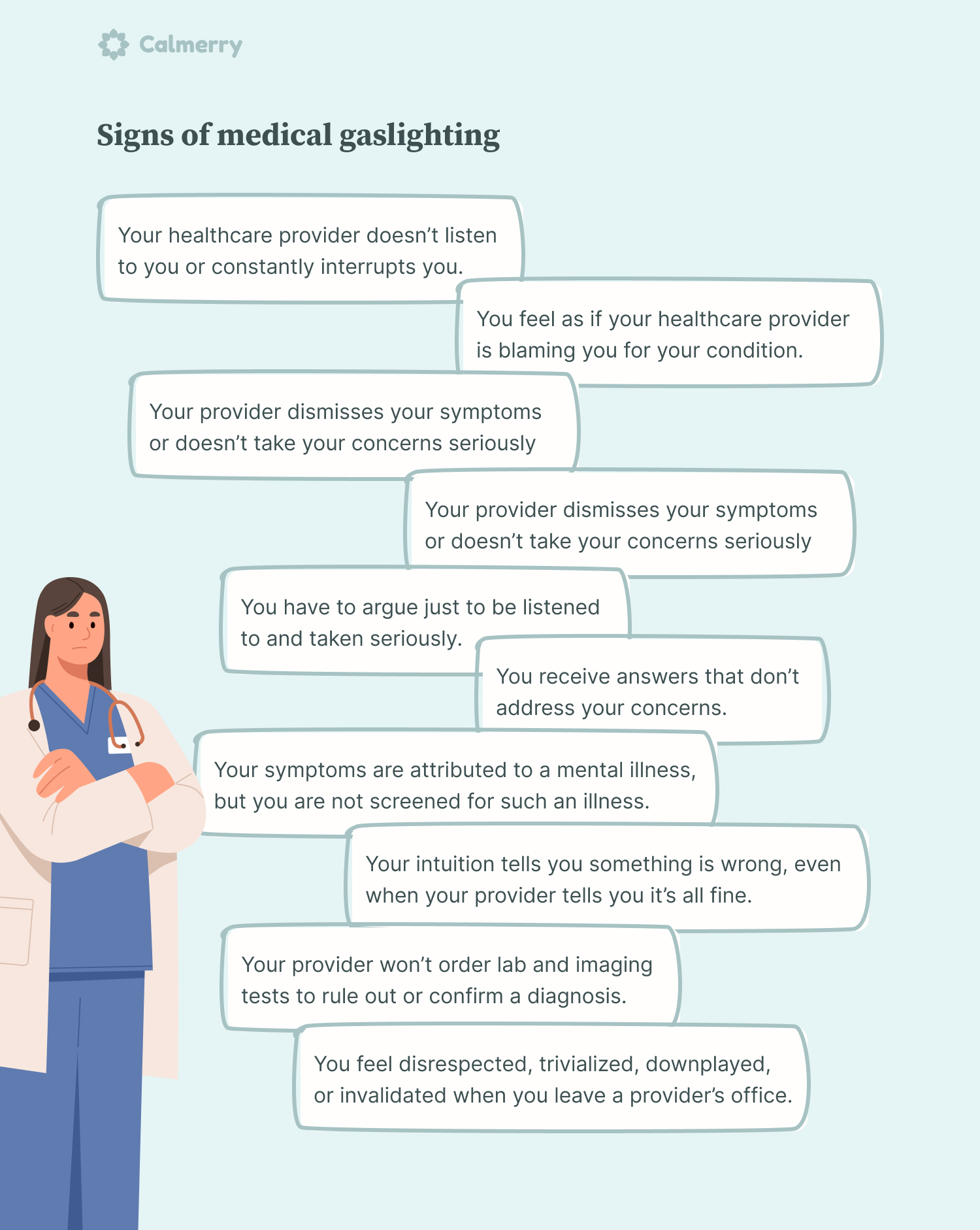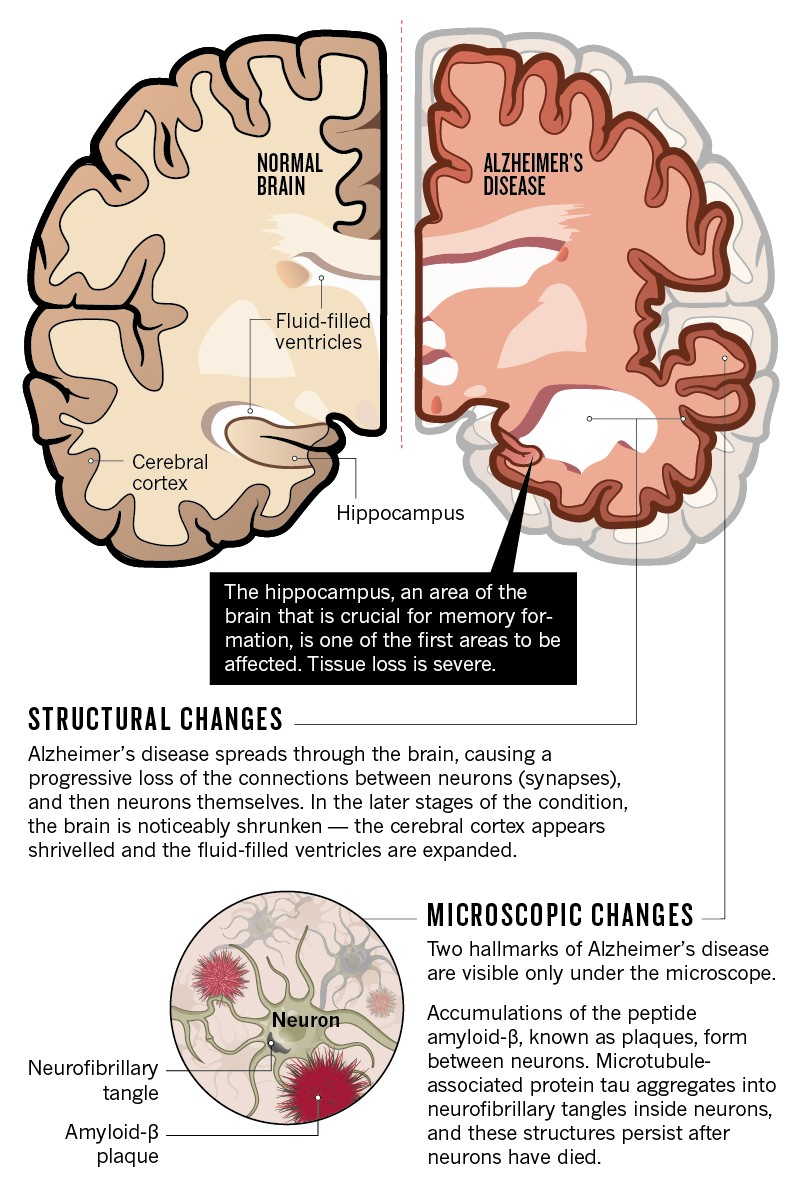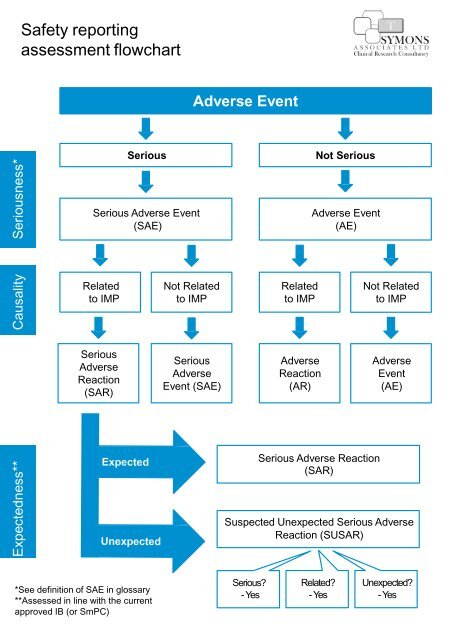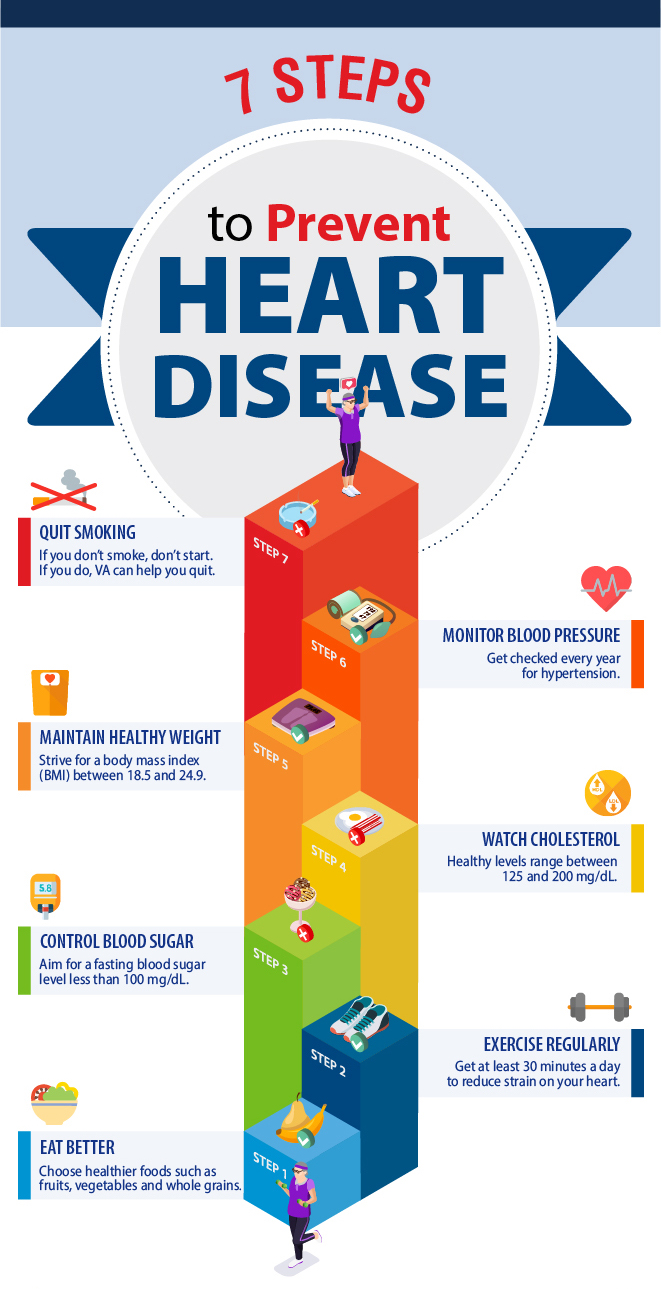Medical gaslighting is a concerning phenomenon in the healthcare industry that leaves many patients feeling dismissed and misunderstood by their providers. This form of invalidation often takes place when doctors fail to acknowledge symptoms that lack clear medical explanations, leading some patients to feel their experiences are treated as figments of their imagination. Individuals suffering from conditions such as long COVID or irritable bowel syndrome may face this issue, which often stems from broader healthcare communication issues within the doctor-patient relationship. As social media has begun to spotlight these distressing encounters, discussions around medical gaslighting have gained traction, prompting a deeper examination of its implications on mental health in healthcare settings. Recognizing and addressing these dynamics is crucial to improving patient care and fostering trusting relationships between healthcare providers and patients.
The term often used to describe the disheartening experience of being undermined by medical professionals can be referred to in various ways, such as healthcare invalidation or emotional neglect in clinical settings. Many patients encounter communication barriers that may inadvertently lead to feelings of distrust towards their doctors, particularly when physicians are unable to diagnose their concerns thoroughly. These relational dynamics play a significant role in how patients perceive their care and can significantly impact their overall well-being. Moreover, the lack of empathetic engagement can result in patients feeling isolated in their health journeys, emphasizing a need for improved communication skills in the doctor-patient dynamic. Ultimately, addressing and improving these interactions is vital for creating a more compassionate healthcare environment.
Understanding Medical Gaslighting in Healthcare
Medical gaslighting refers to a situation where healthcare professionals dismiss a patient’s symptoms as psychological or ‘all in their head,’ leading the patient to feel invalidated. This often occurs with conditions that are difficult to diagnose, such as long COVID or irritable bowel syndrome, where there’s a tangible disconnect between the patient’s lived experience and the medical findings. The term gained traction on social media as patients began to share their stories of feeling unheard in medical settings, highlighting a significant issue within healthcare communication.
The concept of medical gaslighting underscores the importance of the doctor-patient relationship, where mutual respect and understanding are paramount. When patients encounter medical gaslighting, it can lead to a profound sense of disempowerment, as their experiences are trivialized. It’s crucial for healthcare providers to recognize the potential for gaslighting, even if unintentional, and to strive for open communication to validate patient experiences. Providers need to adopt a more empathetic approach, setting aside assumptions and truly listening to their patients.
Examples of medical gaslighting manifest when doctors fail to investigate further after initial tests yield inconclusive results, or when they imply that patients are exaggerating their symptoms. Such interactions often leave patients feeling dismissed and frustrated. Addressing healthcare communication issues involves training providers to engage in active listening and to ask meaningful questions that validate patient experiences.
Invalidating a patient’s experience not only affects their immediate care but also their long-term mental health in healthcare settings. A diagnosis that isn’t believed can deter patients from seeking help in the future, perpetuating a cycle of distrust within medical spaces. It’s vital for the healthcare system to acknowledge these patterns and implement strategies that prioritize patient validation and comprehensive care.
The Impact of Doctor-Patient Relationship on Health Outcomes
The doctor-patient relationship is foundational to effective healthcare delivery. When patients feel respected and understood, they are more likely to adhere to treatment plans and express their concerns candidly. Conversely, an undermined relationship rooted in medical gaslighting can lead to poor health outcomes. Patients who feel dismissed may avoid follow-up appointments, undermining their recovery and overall health management.
Healthcare providers must be aware of the pressures they face that can impact their interactions with patients. When caseload pressures lead to rushed appointments, there is little room for the empathetic exchanges that build trust. As reported, physicians often find themselves spending more time on paperwork than on patient engagement, which can diminish the quality of care. Emphasizing the significance of rapport-building through dedicated patient time can help bridge these gaps.
In addressing healthcare communication issues, it is equally important for medical professionals to review their biases and approach each patient as an individual. Training on effective communication strategies can equip providers with the tools necessary to foster a more trusting environment. Recognizing the signs of potential medical gaslighting and employing validation techniques can transform interactions and improve outcomes.
Ultimately, when there is a focus on creating a supportive doctor-patient relationship, the entire healthcare system benefits. Patients who feel seen and heard are more likely to engage actively in their care, while doctors who practice empathetic communication may find their own job more fulfilling. This reciprocity is vital to fully realizing the potential of medical practice.
Addressing Healthcare Communication Issues
Healthcare communication issues are a profound challenge in bridging the gap between patients and providers. Whether it’s due to time constraints, communication styles, or inherent biases, these issues can lead to misinterpretation of symptoms and feelings. When doctors focus too heavily on diagnostic test results and neglect verbal and emotional cues from patients, it can result in feelings of alienation for the patient, fostering a sense of medical gaslighting.
Improving communication goes beyond just speaking; it involves shifting attitudes within healthcare systems. This means encouraging healthcare providers to actively engage with their patients, allowing for dialogue that encompasses the emotional aspects of medical care. By looking beyond just biomedical factors, professionals can begin to understand the psychological and social contexts that influence patient health, thus reducing instances of invalidating patient experiences.
Healthcare systems can implement training programs that emphasize the importance of active listening and empathetic interactions. Incorporating patient feedback into care processes can also highlight areas needing improvement in doctor-patient communication. Such strategies can mitigate the feelings of medical gaslighting that many patients face, fostering an environment where experiences are validated and addressed with care.
In addition to training, structural changes within healthcare systems that allow for longer patient appointments and reduced documentation burdens can provide physicians the space they need to connect with their patients. A collaborative approach to care that prioritizes patient input can greatly alleviate communication issues and diminish the prevalence of medical gaslighting.
The Role of Intent in Medical Gaslighting
The debate over the role of intent in medical gaslighting is essential for understanding how to address it. Some argue that true gaslighting requires a deliberate effort to make someone question their reality. However, many instances in medical settings may arise from unintentional invalidation due to time constraints or systemic pressures. The distinctions made by experts like Alexandra Fuss suggest that while a lack of intent can mitigate the label of ‘gaslighting’, it still leads to harmful patient experiences that need addressing.
This nuanced understanding opens pathways for improving healthcare interactions. It allows the focus to shift from blame to empathy by acknowledging that medical professionals are often inundated with pressures that can detract from patient care. Instead of labeling these interactions strictly as gaslighting, recognizing them as moments of medical invalidation can foster a more constructive dialogue about how to improve communication and patient trust.
By advocating for frameworks that encourage open discussions about difficult or ambiguous situations in patient care, providers can create a culture of transparency. This can include sessions where healthcare professionals reflect on their interactions, discuss challenges, and share strategies for validation that prioritize patient experiences, thereby transforming the doctor-patient relationship positively.
Ultimately, whether the result of intent or systemic issues, tackling the complexities surrounding medical gaslighting involves collective efforts within healthcare. Continuous training, supportive policies, and fostering a culture that prioritizes patient voice can decrease the occurrence of these detrimental interactions, creating a healthier interaction landscape.
The Effects of Medical Invalidations on Mental Health
The emotional toll of medical invalidations can have profound effects on a patient’s mental health. When doctors dismiss or misunderstand symptoms, patients may begin to doubt their abilities to articulate their own experiences, leading to anxiety, depression, or a loss of trust in healthcare systems. These mental health issues often perpetuate a cycle of avoidance from seeking care, compounding the risk of deteriorating health outcomes.
Furthermore, the impact of feeling unheard or unvalued can extend beyond health concerns. For many patients, their relationships with doctors play a vital role in their healing journey, and when those relationships are marred by invalidation, it creates barriers to achieving comprehensive care. Patients who continue to experience such treatment may internalize feelings of self-doubt, leading to increased mental distress and isolation.
To combat these effects, it’s vital for healthcare systems to take a proactive approach toward patient mental health needs. Training for providers on the importance of validating patient experiences must be prioritized, as well as incorporating mental health resources within primary care settings to support patients navigating these struggles. Recognizing the interconnectedness of physical and mental health, especially in cases of chronic illness, is essential for holistic patient well-being.
Creating patient-centered care models that focus on empathetic interactions and support for mental health can greatly ameliorate conditions that lead to feelings of invalidation. Encouraging an environment where mental health is openly discussed not only benefits the patients directly affected but enhances overall healthcare outcomes by fostering a more comprehensive understanding of patient needs across the board.
The Relationship Between Physician Burnout and Patient Care
Physician burnout is a critical issue that has garnered increasing attention within healthcare discussions, especially as it directly influences patient care quality. When doctors are overwhelmed with heavy caseloads, paperwork, and the pressures of performance metrics, their ability to engage meaningfully with patients can diminish. This not only compromises the doctor-patient relationship but can ultimately lead to instances of medical gaslighting, as fatigued physicians may unconsciously invalidate patient concerns.
Addressing physician burnout through systemic changes is vital for improving patient outcomes. Strategies such as reducing administrative burdens, allowing for more extended patient appointments, and cultivating workplace support systems can all contribute to a healthier practice environment. Together, these changes can enhance the quality of physician interactions and, in turn, enhance the validation of patient experiences.
The connection between physician well-being and patient satisfaction is clear. A more balanced and supported physician workforce is better equipped to provide empathetic care, ultimately leading to improved patient trust and adherence to treatment. Therefore, addressing burnout is not merely a concern for healthcare practitioners; it also represents a significant opportunity for better patient care and outcomes.
Furthermore, creating supportive networks where physicians can share their experiences and challenges fosters a culture of understanding and collaboration, reducing the likelihood of burnout’s negative effects on patient relationships. Together, by prioritizing the well-being of healthcare providers and fostering an empathetic environment, it is possible to minimize the risks of medical gaslighting and improve healthcare delivery overall.
Enhancing Patient Empowerment Through Education
Patient empowerment is an essential element in combatting medical gaslighting. By equipping patients with comprehensive information about their health conditions and treatment options, they are better positioned to advocate for themselves in healthcare settings. Education helps patients articulate their concerns more effectively, addressing the power dynamics often present in doctor-patient relationships.
Incorporating education into the healthcare experience enhances patient confidence, allowing for open discussions about symptoms and treatment. Supporting patients in understanding their health issues not only validates their experiences but also encourages partnerships in decision-making. Empowered patients are more likely to voice their needs and concerns, actively participating in their health journey rather than feeling like passive recipients of care.
Additionally, creating resources that promote health literacy can minimize misunderstandings that contribute to invalidation in healthcare. Facilitating workshops, creating online materials, and encouraging direct communication with healthcare providers can significantly enhance understanding. Improvements in educational practices foster an environment where patients feel supported and respected in their health decisions.
Ultimately, empowering patients through education bolsters the doctor-patient relationship, making it more collaborative and respectful. By valuing patients as partners in their healthcare, we take crucial steps toward eliminating the negative impacts of medical gaslighting and nurturing a healthcare culture rooted in validation and mutual understanding.
Transforming Healthcare Systems for Holistic Care
Transforming healthcare systems to focus on holistic care is essential for addressing the roots of medical gaslighting. Holistic care considers the patient as a whole, encompassing not just physical symptoms but also emotional, social, and psychological needs. By adopting such an approach, healthcare providers can ensure that all aspects of a patient’s experience are acknowledged and validated.
Investing in integrated care models that coordinate physical and mental health services can bridge the gap often felt between different specialties. System-wide changes that prioritize communication among providers can cultivate an environment where every patient interaction reinforces their worth and experiences. This transformation encourages a comprehensive view of patient health, allowing for timely adjustments based on the patient’s evolving needs.
Moreover, systemic changes should aim to reduce the pressures that contribute to rushed or dismissive interactions. Striking a balance between efficiency and empathetic care is crucial for fostering productive healthcare environments. Encouraging collaborative care teams where various specialists can provide input on complex cases can also minimize the instances of medical gaslighting and create a supportive network for both patients and providers.
Through these systemic enhancements, the healthcare landscape can evolve to prioritize patient dignity and validation. Establishing holistic practices is a significant step toward ensuring that every patient receives care that recognizes their unique situation and experiences, ultimately fostering genuine partnerships that benefit their overall health journey.
Frequently Asked Questions
What is medical gaslighting and how does it impact the doctor-patient relationship?
Medical gaslighting refers to instances where healthcare providers dismiss or invalidate a patient’s symptoms or experiences, often suggesting that the issues might be psychological rather than physical. This behavior can significantly damage the doctor-patient relationship, leading patients to feel unheard or misunderstood, ultimately impacting their trust in medical professionals.
Can you provide examples of medical gaslighting that patients might encounter in the healthcare system?
Examples of medical gaslighting include a doctor attributing unexplained physical symptoms, like chronic pain or fatigue, to anxiety or depression without conducting proper tests. Other instances might involve dismissing a patient’s concern about a specific diagnosis or suggesting that their symptoms are imagined, which can lead to feelings of invalidation and frustration.
How can healthcare communication issues lead to medical gaslighting?
Healthcare communication issues often arise from time constraints and high patient volumes, causing doctors to rush through consultations. This lack of effective communication can result in patients feeling that their concerns are minimized or disregarded, contributing to the phenomenon of medical gaslighting where their experiences are invalidated.
What can patients do to address medical invalidation in their healthcare experiences?
Patients experiencing medical invalidation should advocate for themselves by clearly expressing their symptoms, concerns, and the impact on their daily life. Seeking second opinions, asking for clarifications from providers, and bringing support or written questions to appointments can empower patients and foster more open communication with healthcare professionals.
Is there a connection between mental health in healthcare and experiences of medical gaslighting?
Yes, there is a notable connection. Individuals with mental health conditions may experience higher rates of medical gaslighting, as providers sometimes mistakenly attribute physical symptoms to psychological factors without thorough investigation. This can lead to further invalidation of their legitimate health concerns and exacerbate mental health challenges.
What are some strategies for healthcare providers to prevent medical gaslighting?
To prevent medical gaslighting, healthcare providers should prioritize active listening, take time to understand the patient’s perspective, and validate their experiences. Training in empathetic communication, proper documentation, and awareness of healthcare system pressures can also help providers engage more effectively with patients and provide comprehensive care.
How can understanding the term ‘medical gaslighting’ help improve patient care?
Understanding ‘medical gaslighting’ can enhance patient care by fostering awareness among healthcare providers about the importance of validating patient experiences. Recognizing the impact of healthcare communication issues and the need for a compassionate approach allows providers to build trust, improve doctor-patient relationships, and enhance overall patient satisfaction.
| Key Points |
|---|
| Patients may feel dismissed by doctors who struggle to find the cause of their symptoms. This feeling is exacerbated in cases of hard-to-diagnose conditions like long COVID and IBS. |
| Medical gaslighting refers to the experience of patients feeling invalidated by their healthcare providers, often leading to significant emotional distress. |
| Psychologist Alexandra Fuss emphasizes a distinction between medical gaslighting and medical invalidation, arguing that not all instances involve intent to deceive. |
| Growing caseloads and pressures on healthcare providers can lead to inadequate patient interactions, contributing to feelings of invalidation. |
| Compassion and understanding from providers are crucial in addressing the impact of medical invalidation and improving patient care. |
Summary
Medical gaslighting is a growing concern within healthcare, where patients often feel dismissed or invalidated by their doctors, particularly when presenting hard-to-diagnose symptoms. The pressure on healthcare providers to quickly diagnose and treat can lead to inadequate interactions and a lack of compassion, which exacerbates patients’ feelings of being unheard. Acknowledging the distinction between true gaslighting and medical invalidation is essential for fostering better relationships between patients and healthcare providers. As we strive for improvements within the healthcare system, understanding the pressures on medical professionals will help in developing solutions to prevent medical gaslighting and enhance patient-centered care.




